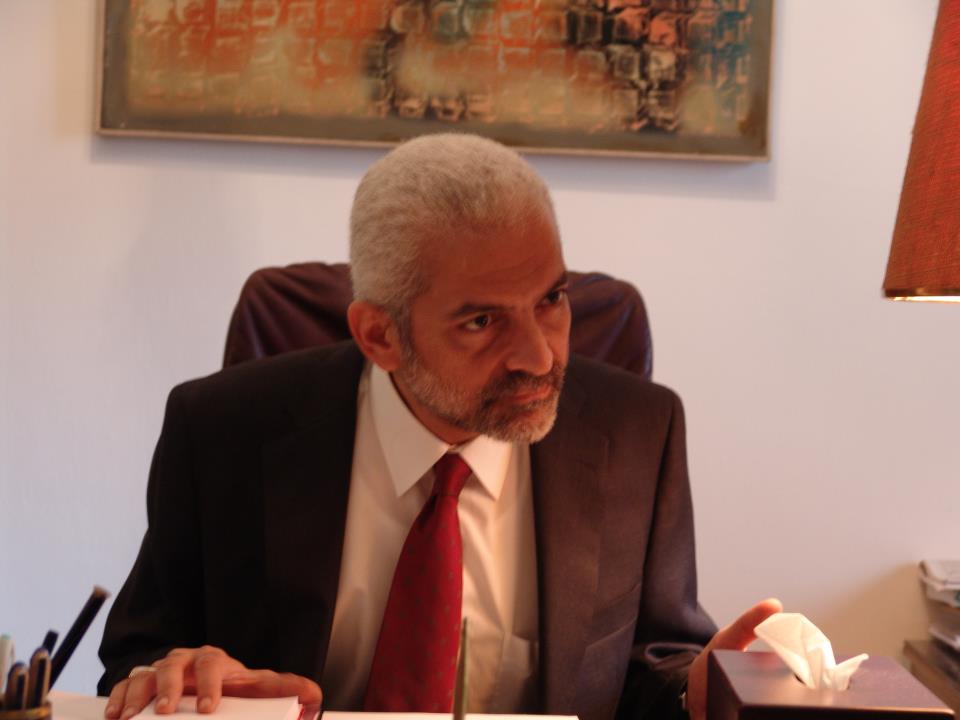Egypt’s representative to the United Nations, Walid Mahmoud Abdel Nasser, told the 25th United Nations Council for Human Rights Monday that Egypt is determined to protect human rights, citing the newly ratified constitution as proof of the country’s dedication to “building democratic institutions”.
A statement released by the Ministry of Foreign Affairs Monday reported Abdel Nasser’s comments to the council, which were largely in response to recently issued statements condemning what 27 members of the council recently called “the restrictions on the rights to peaceful assembly” and security forces’ “disproportionate use of lethal force” against protesters.
The ministry’s statement said that Abdel Nasser remarked that the constitution solidifies Egypt’s “protection of human rights within the framework of respect for rule of law and the independence of the judiciary”.
Abdel Nasser also lauded the formation of an independent fact-finding commission to investigate instances of violence that occurred in the wake of the 3 July ousting of Mohamed Morsi. The representative added that “authorities in Egypt are convinced of the importance of positive communication with the international system of human rights”, adding that the UN’s council is one of the most important pillars for human rights.
Abdel Nasser also drew attention to additions to the 2014 constitution, which “includes provisions required by the state to ensure full equality between citizens, with particular importance for the protection of the rights of women, children, the elderly and people with disabilities”.
Abdel Nasser also voiced Egypt’s concerns with the worsening crisis in Syria, reaffirming Egypt’s conviction to support Syrian’s “legitimate aspirations for freedom, democracy and human rights” as well as the preservation of Syrian sovereignty and territorial integrity.
Also mentioned was Egypt’s concern for those living within the “occupied Palestinian territories”, citing “discriminatory” Israeli policies against Palestinians such as Israel’s control of the Al-Aqsa mosque.
Egypt’s foreign ministry and the United Nations have exchanged heated words recently as a number of UN statements have voiced concern over “the escalating violence” Egypt has witnessed since Morsi’s July ouster.
A recent UN statement urged “the Egyptian government to end ongoing harassment and threats against those who express dissent and release those arrested for exercising their rights to freedom of peaceful assembly, of expression and of association.”
In response, the foreign ministry said the report displays a degree of imbalance and inaccuracy, adding that claims of “disproportionate use of force” differ from reality.
“There are no arbitrary arrests, but any made are the practical implementation of arrest warrants issued by the public prosecution,” foreign ministry spokesman Badr Abdelatty said, stressing the “independence and integrity of the Egyptian judiciary.”

